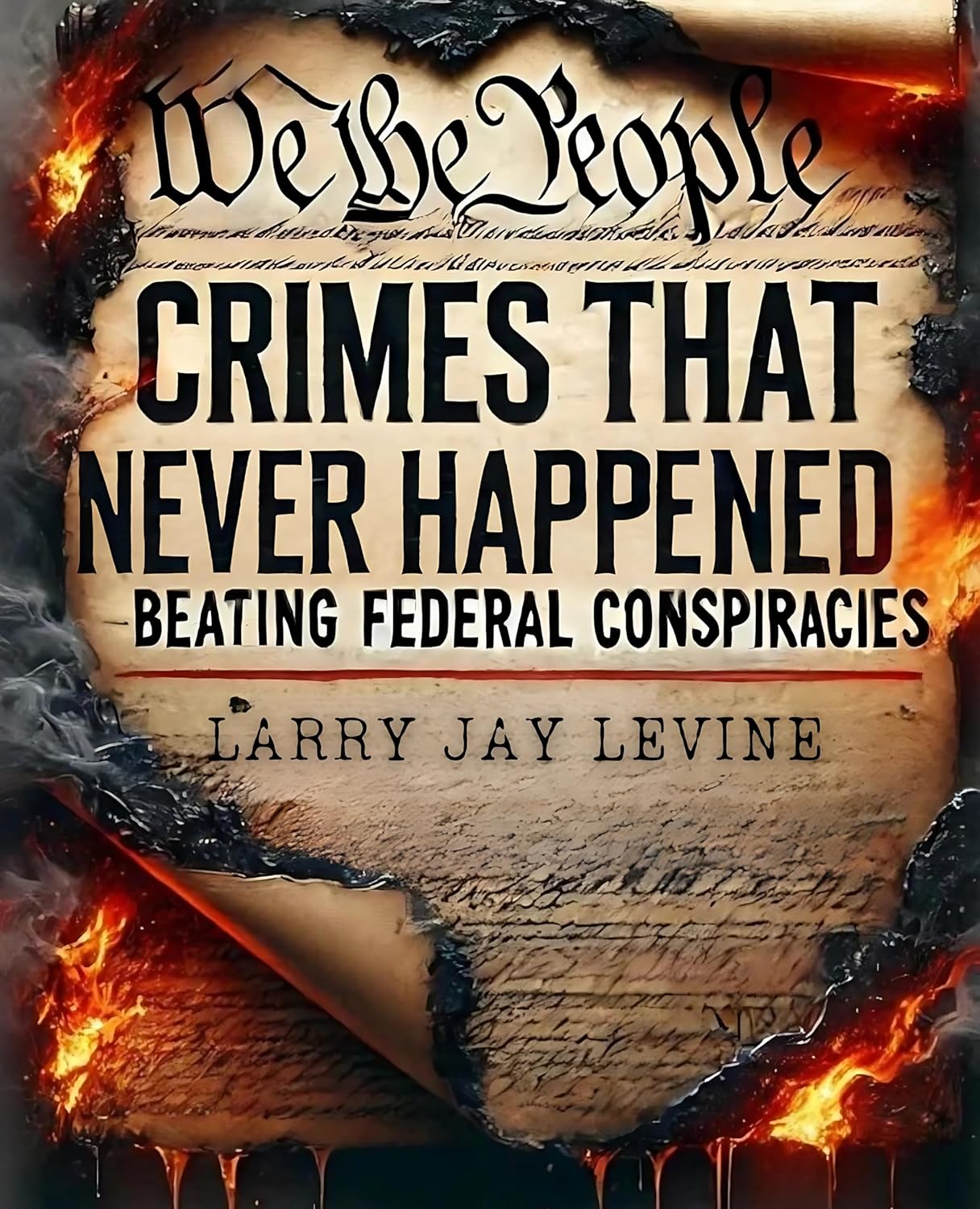What Is Mail Fraud
Mail fraud is a federal crime defined under 18 U.S.C. § 1341, making it illegal to devise or intend to devise any scheme to defraud and to use the mail (U.S. Postal Service or private carriers like FedEx or UPS) to carry out that scheme.
Unlike crimes involving direct theft, mail fraud relies on deception, false promises, or misrepresentation, with the postal system acting as the vehicle to commit the offense.
Facing Federal Mail Fraud Charges?
If you’re up against mail fraud charges, you’re facing a serious battle. Federal prosecutors boast conviction rates in US District Court exceeding 90%, meaning they rarely lose these cases. The deck is stacked against you—unless you have the right legal strategy.
A strong defense can challenge the prosecution’s evidence, question intent, and expose weaknesses in their case. Don’t go in unprepared. Learn how to fight back and protect your future.
Because the crime crosses state lines through the use of mail, it automatically falls under federal jurisdiction, making it a favorite for aggressive federal prosecutors.
How White Collar Advisory Group Can Help You
That’s where White Collar Advisory Group comes in. We prepare criminal defendants in dealing with the federal court system and while attorneys focuses on courtroom strategy, we focus on protecting your future by preparing you for the realities of federal prosecution and prison life.
Our services go beyond legal defense—we focus on what comes next:
- Sentencing Preparation: Learn how to present yourself effectively to mitigate sentencing outcomes, including strategies for the Presentence Investigation Report (PSR).
- Prison Consulting: Guidance on navigating the federal prison system, from security classifications to daily survival strategies.
- Sentence Reduction Strategies: Advice on qualifying for programs like RDAP, compassionate release, and sentence mitigation tactics.
- Post-Conviction Support: Assistance with halfway house placement, supervised release, and reentry strategies after prison.
We’ve helped countless clients navigate the federal system, and we’re ready to help you.
Contact Us Now
📧 Email: help@whitecollaradvisorygroup.com
📞 Phone: 480-745-2000`
Self Help Books by Larry Levine
 |
 |
How Federal Authorities Investigate Mail Fraud
Mail fraud cases often trigger investigations by powerful federal agencies, including the FBI, the U.S. Postal Inspection Service (USPIS), the US Secret Service and the Department of Justice. These cases can span months or even years due to the complex paper trails involved.
Key Components of Federal Investigations:
- Mail Surveillance: Monitoring postal activities and tracking suspicious packages or correspondence.
- Document Subpoenas: Obtaining copies of mailed materials, financial records, and transactional data.
- Financial Analysis: Tracing money trails to uncover fraudulent transactions.
- Digital Evidence Review: While the crime involves physical mail, email and online communications often support the investigation.
- Witness Testimonies: Interviewing victims, co-conspirators, and others linked to the fraudulent scheme.
Federal investigators focus on building airtight cases by connecting fraudulent intent with the use of mail services.
Federal Sentencing Penalties for Mail Fraud
Mail fraud carries serious penalties under federal law, with sentences influenced by the amount of financial harm caused and the sophistication of the fraudulent scheme.
Potential Penalties Include:
- Up to 20 years in federal prison per count.
- Fines up to $250,000 for individuals (or $1 million for organizations).
- Mandatory restitution to repay victims for financial losses.
Sentencing Enhancements Apply If:
- The fraud targeted a financial institution (raising the maximum penalty to 30 years).
- The offense exploited vulnerable populations, such as the elderly.
- The scheme involved large-scale operations or multiple co-conspirators.
- There was an abuse of trust, such as fraud committed by someone in a fiduciary role.
Federal judges rely on the U.S. Sentencing Guidelines, which assess factors like monetary loss, the defendant’s criminal history, and the use of sophisticated methods.
Common Defense Strategies for Mail Fraud Charges
Even in the face of aggressive federal prosecution, several defense strategies can be effective in mail fraud cases:
- Lack of Intent to Defraud: Proving there was no deliberate attempt to deceive anyone is a key defense.
- Mistaken Identity: Arguing that the wrong person has been accused, particularly in complex schemes with multiple actors.
- Insufficient Evidence: Challenging the government’s ability to directly link the defendant to fraudulent activities.
- Good Faith Defense: Demonstrating that the defendant believed they were acting lawfully, even if the outcome was unfavorable.
- Entrapment: If government agents coerced or manipulated the defendant into committing the crime.
An effective defense starts with early legal intervention, a deep dive into the evidence, and a strategic approach tailored to the case.
Common Types of Mail Fraud Include:
- Ponzi and Pyramid Schemes: Sending fraudulent investment offers or promises of high returns through the mail.
- Fake Lottery or Sweepstakes Scams: Notifying victims of fake “winnings” to solicit personal information or advance fees.
- Insurance Fraud: Submitting falsified claims or documents via mail to defraud insurance companies.
- Charity Scams: Using mail to solicit donations for non-existent or fraudulent causes.
- Phony Invoicing Schemes: Sending fake bills to businesses or individuals hoping they’ll pay without verification.
Frequently Asked Questions About Mail Fraud
What’s the difference between mail fraud and wire fraud?
Mail fraud involves using the postal system to commit fraud, while wire fraud uses electronic communications like phone calls, emails, or online messages.
Can I be charged with mail fraud even if no one lost money?
Yes. The attempt to defraud using the mail is a federal crime, even if the scheme was unsuccessful.
Is mail fraud always prosecuted federally?
Yes. Since mail fraud involves interstate mail services, it’s prosecuted under federal law.
Will cooperating with federal prosecutors reduce my sentence?
Cooperation can potentially lead to a reduced sentence, but it comes with legal risks. Always consult an experienced attorney before deciding to cooperate.

